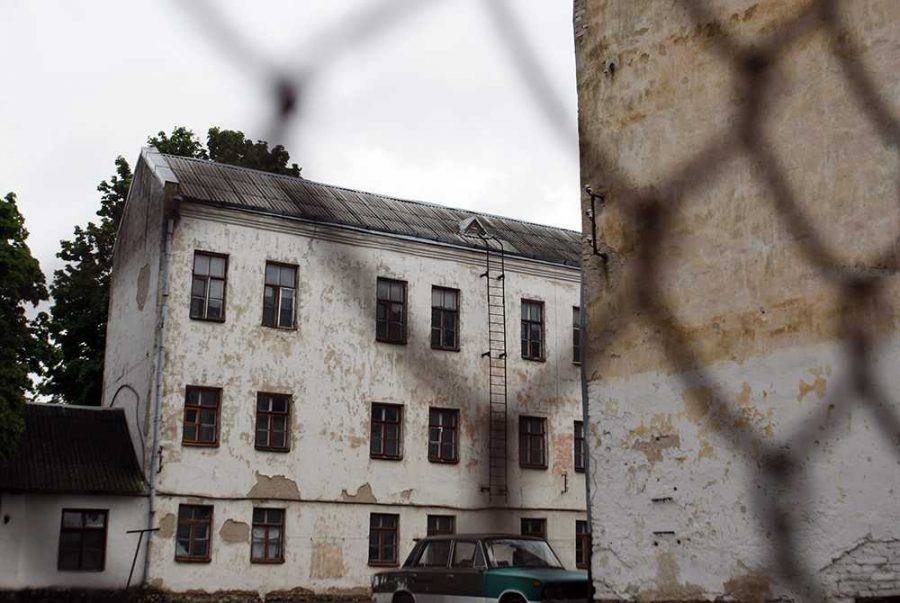Irena Sendler
Sendler was born Feb. 15, 1910 in Otwock, Poland and died May 12, 2008 in Warsaw, Poland. Sendler went to the University of Warsaw. This is a photo of a ghetto, similar to the one Sendler visited to sneak out children.
March 30, 2016
The Holocaust was the organized extermination of six million Jews. Despite facing death or torture, Irena Sendler went against the Nazis. She saved 2,500 Jewish children from the Warsaw ghetto.
Sendler was a health worker and a member of a Polish underground organization, the Zegota. She was not allowed inside the ghetto but obtained fake identification to gain access.
She transferred children out from to safe hiding places between 1942-1943. From there she found non-Jewish families to adopt them.
Sendler issued hundreds of false documents with forged signatures to give the children temporary identities. She had to convince thousands of parents to part with their children to give them their best chance at survival.
Sendler kept the records of the children’s true identities in jars. They were buried underneath an apple tree in a neighbor’s yard. The jars contained the names of 2,500 children.
However, the Nazis found out about her activities. She was arrested, imprisoned, and tortured by the Gestapo.
Her feet and legs were broken, and was sent to the Pawiak Prison, crippled for life. But she still did not let the Nazis get the children’s names or her associates.
Sendler was sentenced to death. The Zegota bribed one of the Gestapo guards to free her and she was. Living for the rest of the war, the Nazis searched for her.
Once the war ended, she dug up the jars. She sought to reunite the children with their relatives that were spread out through Europe. Many of the families had perished in the Nazi death camps.
Even after she got many calls from the adults that she had saved when they were children, she did not see herself as a hero and did not claim any credit.
She was nominated for the Nobel Peace Prize for her actions in 2007.
In 2000, four high school students at Uniontown High School discovered the truth of this unsung hero whose recognition escaped: Elizabeth Cambers, Megan Stewart, Sabrina Coons and Janice Underwood won the National History Day competition in Kansas.
The four students wrote the play, Life in a Jar, about the heroine of WWII.
Sendler won three awards; Order of the Smile given by children for her love, care, and aid of children. Also, the Commander’s Cross of the Order of Polonia Restituta was given to her.
She was also awarded the Commander’s Cross with Star of the Order of Polonia Restituta which is one of Poland’s highest Orders.
“The world can be better if there’s love, tolerance and humility.”
– Irena Sendler







